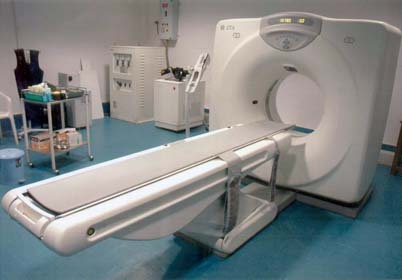Ordering physicians lack knowledge of CT-related radiation exposure risk
 Washington, April 24 : A new study conducted at the Carilion Clinic in Roanoke, VA, has found that majority of ordering physicians lack knowledge of CT-related radiation exposure and its associated risks.
Washington, April 24 : A new study conducted at the Carilion Clinic in Roanoke, VA, has found that majority of ordering physicians lack knowledge of CT-related radiation exposure and its associated risks.
"More than 100 surveys were completed by physicians from various specialties who order CT scans at a tertiary-care teaching hospital," said Jeremy McBride, MD, lead author of the study.
"When physician knowledge regarding radiation was assessed, 63 percent underestimated the radiation dose of one abdominal-pelvic CT in chest radiograph equivalents. When asked if they believed a single abdominal-pelvic CT increases a patients' risk of cancer nearly 80 percent responded affirmatively; however, 74 percent significantly underestimated the risk as published in literature. When asked if they regularly disclose the risks associated with CT scans with patients, nearly 60 percent responded affirmatively; however only 20 percent said the risk of exposure was part of that disclosure," said Dr. McBride.
"When asked if radiation exposure and cumulative prior radiation exposure influenced their decision, 48 percent and 59 percent respectively, responded it had no or little influence on their decision. Forty-seven percent reported that risk of litigation significantly influenced their decision to order a CT scan on a given patient.
"Most of the time, when a CT scan is ordered it can be justified. When a CT is appropriately ordered patients should be aware that the examination has been recommended based upon its diagnostic value and that radiation exposure will be minimized. If patients are concerned, they should feel comfortable asking their physician how an imaging examination will answer a specific question and how it will affect their clinical management. They can also make their physician aware of their concern about radiation exposure from medical imaging and discuss appropriate alternatives.
"Radiation education should be discussed with medical students and residents during training, as well as with practicing physicians in the form of institutional conferences or workshops. Radiologists and scientists trained in the field of radiation protection in medicine should be contacted by ordering physicians for consultation prior to ordering whenever there are questions regarding the right test or the safety of the test for a particular patient," he added.
This study will be presented at the 2009 ARRS Annual Meeting in Boston, MA, April 26-30. (ANI)